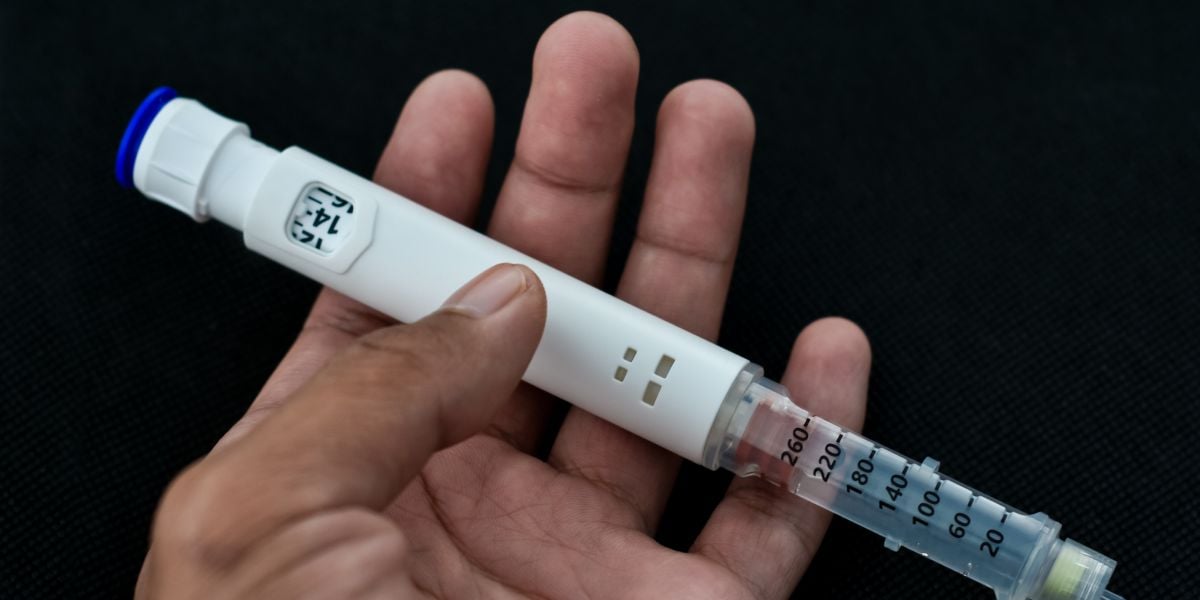The insulin-inhibitory receptor ‘Inceptor’ binds insulin and directs its breakdown within beta cells, a new study has shown.
This comes after the same team led by Professor Heiko Lickert found that Inceptor can suppress the insulin signalling pathway.
According to the researchers, the emergence of Inceptor could trigger the development of new therapeutic approaches that not only strengthen beta cell function but also enable a causal treatment for diabetes.
- New procedure combined with semaglutide could help people with type 2 diabetes avoid insulin therapy
- Dr Sheila Reith: Insulin pen pioneer honoured at Pride of Britain Awards
- Weekly insulin injections as effective at controlling blood sugar as daily injections
This investigation has revealed that Inceptor binds excess insulin within the beta cell and directs it towards degradation.
Professor Lickert said: “This knowledge about Inceptor’s function gives us a deeper understanding of how beta cells regulate their insulin homeostasis.”
The findings have revealed that Inceptor in beta cells plays a role in insulin secretion, which is regulated by beta cells.
However, this process is usually reduced in diabetes, causing high blood sugar levels, the study has reported.
The academics blocked Inceptor and by doing this could refill beta cells’ insulin stores, enhance insulin release and prevent beta cell death.
- Smart insulin: dynamic insulin responds to real-time glucose variations
- First large-scale study shows consuming proteins and fats can help manage insulin
- 1 in 4 people with insulin-dependent diabetes have eating disorder symptoms, research shows
Professor Lickert said: “Especially in already damaged cells, blocking Inceptor could help boost insulin production and protect the beta cells.
“Our goal is to develop new medications that support the cells’ insulin balance and prolong their viability, based on our discovery.”
Professor Lickert added: “Our goal is to pave the way for clinical trials and thereby contribute to the treatment, and hopefully even the cure of diabetes.”
Read more in the journal Nature Metabolism.





